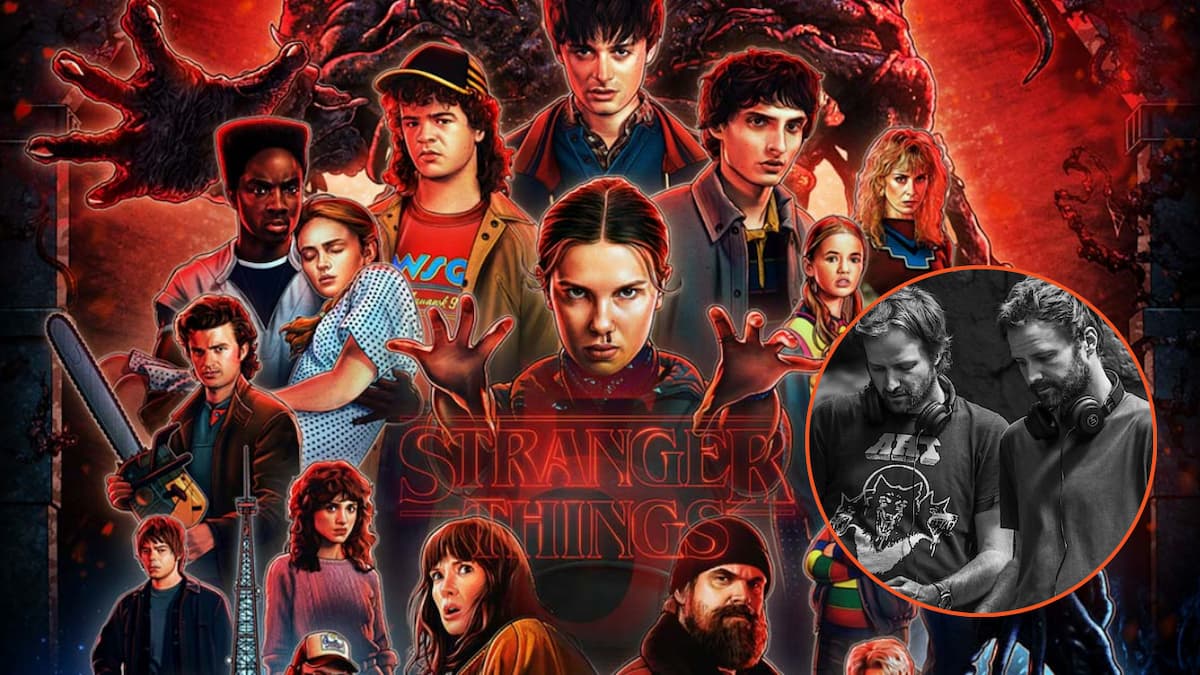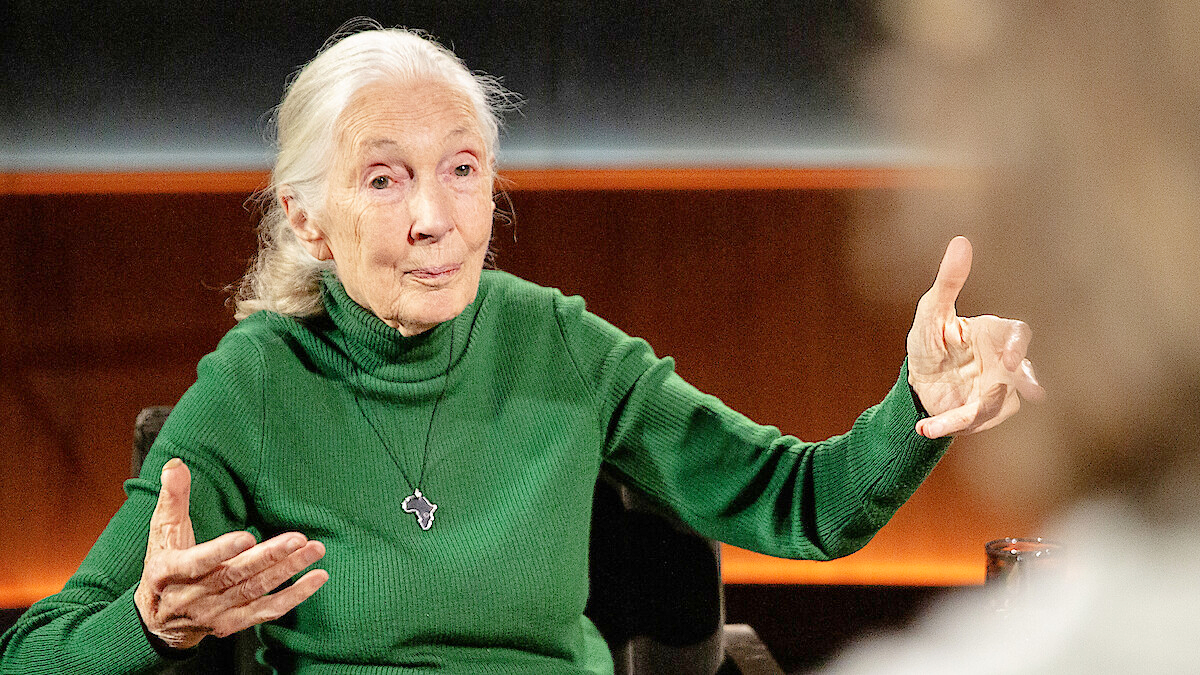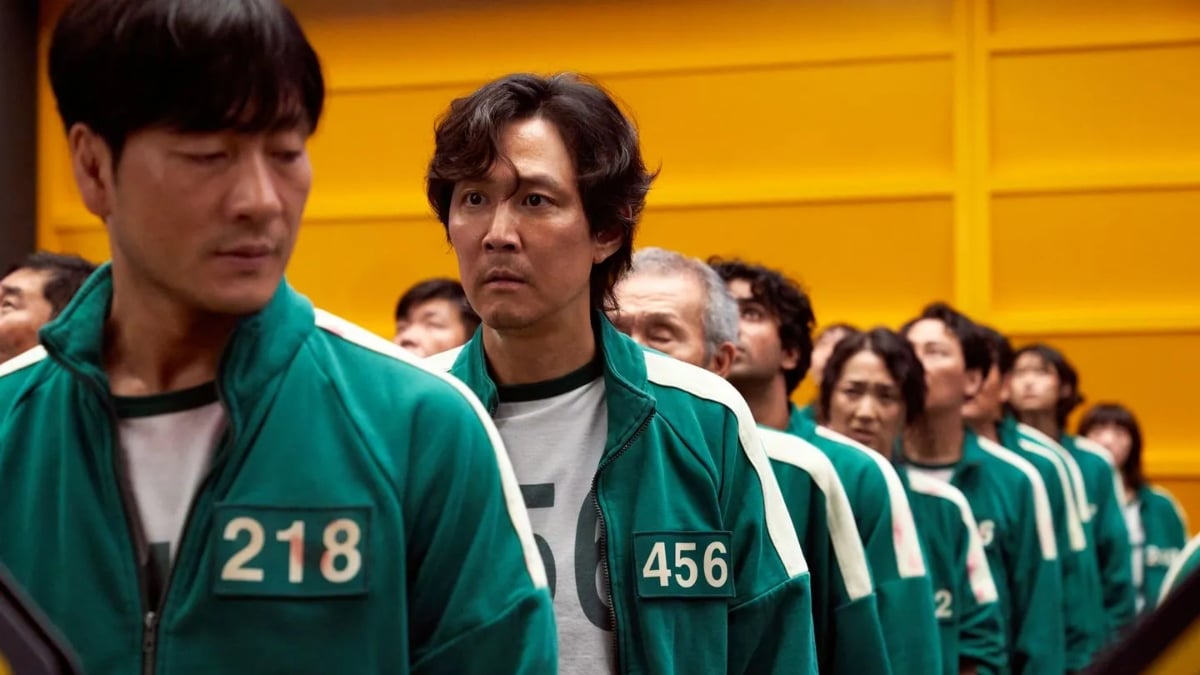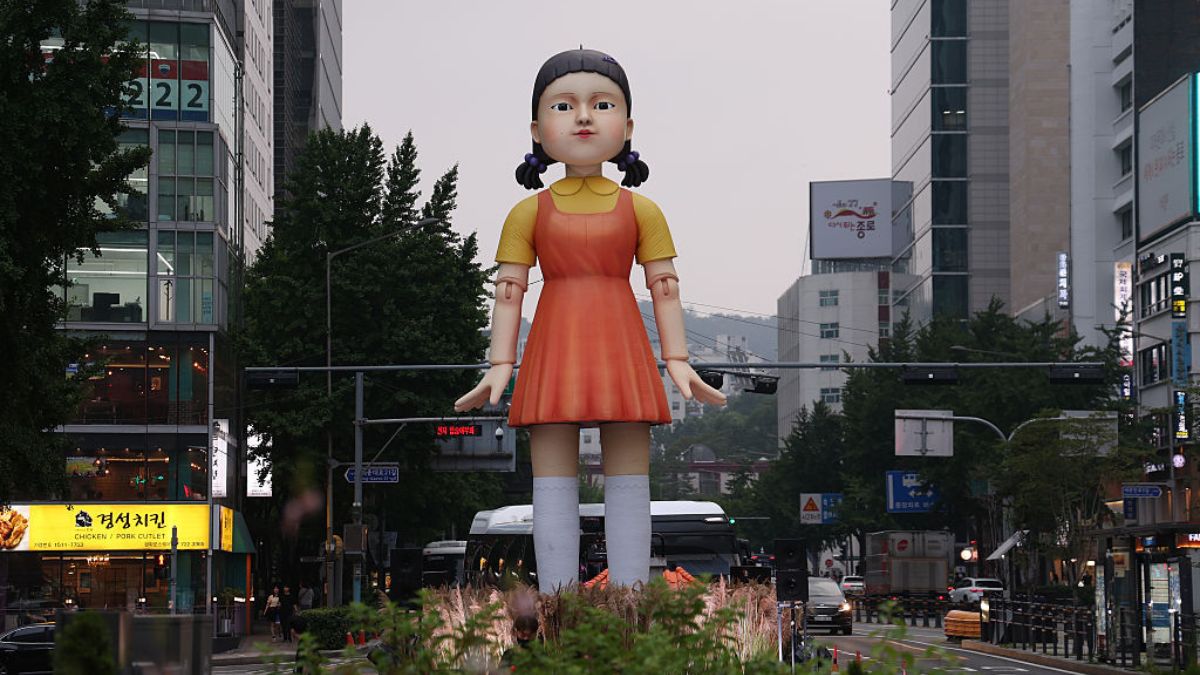Of all the bizarre recreations of Netflix’s Squid Game, YouTuber MrBeast’s thoughtful and expensive reenactment of the deadly debtor games is the only to have taken the internet by storm in a similar fashion to the original show. The investment in and popularity of his facsimile has been the source of controversy and conversation among fans of the show in past days.
In a since-deleted tweet, proud Content Creator and former YouTube employee Jon Youshaei commented on MrBeast’s celebratory reflection post with a widely panned Tweet that missed the point in every way.
Originally published on Sunday, Nov. 28, the tweet remarks:
.@MrBeast Squid Games video: 103M views in 4 days. It took 7 weeks to make.@netflix’s Squid Games series: 111M views in 30 days. It took 10 years (!!) to make.
More views, less time, fewer gatekeepers. That’s the promise of the creator economy.
Or as one tweet rewords Youshaei’s statement: “Rich white man capitalizes on others’ ideas to get a lot of attention! The creator economy!!!!”
Squid Game’s popularity is unprecedented. By the numbers, it’s broken records for not just Korean film, but Netflix globally. It’s the most-watched show on the platform by hours streamed (1.65 billion) and, contrary to Youshaei’s numbers, has been watched by 142 million households in its first four weeks on the platform. At the time of writing, MrBeast’s Squid Game facsimile video has accrued over 122 million views.
One Twitter user helped to contextualize the difference in each success:
The show’s filmmaker Hwang Dong-hyuk, already known for his work in Korean cinema such as the film Silenced (2011), did not have the global platform of a white, US-based content creator riding off the phenomenon of an established IP. Now a household name, the meteoric success of the director and his story is certainly worth celebrating.
Writer Mike Drucker explains how he paved the way in a risk-averse industry.
As has been noted, MrBeast’s recreations are impressive. The work put into recreating each of the show’s iconic sets is laudable — just not original. “Without the actual good concept, he wouldn’t have been able to make this video,” reads one rejoinder to Youshaei.
More tweets shared the sentiment. “I suppose it is easy to succeed when you have a lot of money to spend and other people’s ideas,” reads another comment from Drucker.
And as Gita Jackson has written at Motherboard, MrBeast’s video delights in the same kind of classed violence that Squid Game condemns. MrBeast’s crew can be seen toying with participants throughout the video. All in good fun, until you consider why people play the titular games at all. In Hwang Dong-hyuk’s show, players are recruited from debtors — a uniquely complex societal issue in South Korea that resonates with global audiences.
In the same vein, several of MrBeast’s players told the creator they want to use the prize money to support their families. There was, as in the original, only one final winner. What’s worth celebrating in that?










Published: Nov 30, 2021 11:15 am